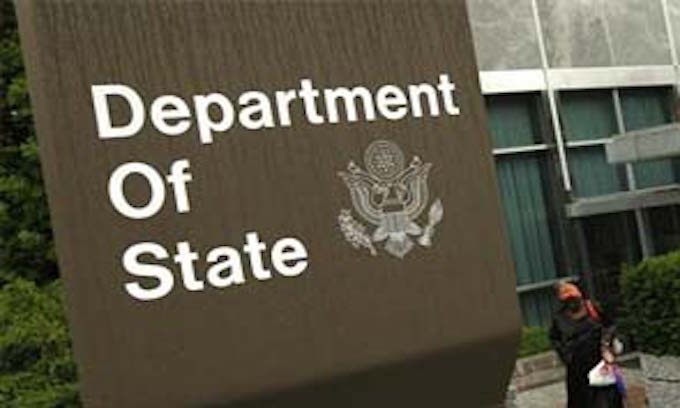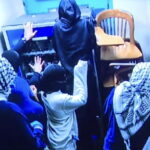Following the detainment of several Westerns in Iran in the past few months, the U.S. government is telling its citizens not to travel to the Persian country.
On Monday, the State Department issued a warning saying Americans – especially those who hold dual citizenship with Iran – should ‘carefully weigh the risks’ of traveling to Iran and consider cancelling or postponing any planned trips.
Read more at the Daily Mail:
Full Warning from the State DepartmentThe Department of State warns U.S. citizens of the risks of travel to Iran. This replaces the Travel Warning for Iran dated March 14, 2016, to reiterate and highlight the risk of arrest and detention of U.S. citizens, particularly dual national Iranian-Americans. Foreigners, in particular dual nationals of Iran and Western countries including the United States, continue to be detained or prevented from leaving Iran. U.S. citizens traveling to Iran should very carefully weigh the risks of travel and consider postponing their travel. U.S. citizens residing in Iran should closely follow media reports, monitor local conditions, and evaluate the risks of remaining in the country.
Iranian authorities continue to unjustly detain and imprison U.S. citizens, particularly Iranian-Americans, including students, journalists, business travelers, and academics, on charges including espionage and posing a threat to national security. Iranian authorities have also prevented the departure, in some cases for months, of a number of Iranian-American citizens who traveled to Iran for personal or professional reasons. U.S. citizens traveling to Iran should very carefully weigh the risks of travel and consider postponing their travel. U.S. citizens residing in Iran should closely follow media reports, monitor local conditions, and evaluate the risks of remaining in the country.
The U.S. government does not have diplomatic or consular relations with the Islamic Republic of Iran and therefore cannot provide protection or routine consular services to U.S. citizens in Iran. The Swiss government, acting through its Embassy in Tehran, serves as protecting power for U.S. interests in Iran.The range of consular services provided by the Foreign Interests Section at the Swiss Embassy is limited and may require significantly more processing time than at U.S. embassies or consulates.
The Iranian government does not recognize dual citizenship and will not allow the Swiss to provide protective services for U.S. citizens who are also Iranian nationals. The Iranian authorities make the determination of a dual national’s Iranian citizenship without regard to the dual national’s personal wishes. Consular access to detained U.S. citizens without dual nationality is often denied as well.
The Iranian government continues to repress some minority religious and ethnic groups, including Christians, Baha’i, Arabs, Kurds, Azeris, and others. Consequently, some areas within the country where these minorities reside, including the Baluchistan border area near Pakistan and Afghanistan, the Kurdish northwest of the country, and areas near the Iraqi border, remain unsafe. Iranian authorities have detained and harassed U.S. citizens, particularly those of Iranian origin. Former Muslims who have converted to other religions, religious activists, and persons who encourage Muslims to convert are subject to arrest and prosecution.
The U.S. government is concerned about the risks to civil aircraft operating into, out of, within, or over Iran due to hazards from military activity associated with the conflicts in Iraq and Syria. The FAA has advised U.S. civil aviation to exercise caution when flying into, out of, within, or over the airspace over Iran. For further background information regarding FAA flight prohibitions and advisories for U.S. civil aviation, U.S. citizens should consult the Federal Aviation Administration’s Prohibitions, Restrictions and Notices.
The U.S. government’s ability to assist U.S. citizens in Iran in the event of an emergency is extremely limited. U.S. citizens in Iran should ensure that they have updated documentation at all times and make their own plans in the event of an emergency. For more information, see “What the Department of State Can and Can’t Do in a Crisis” at the Department’s website.



















Recent Comments